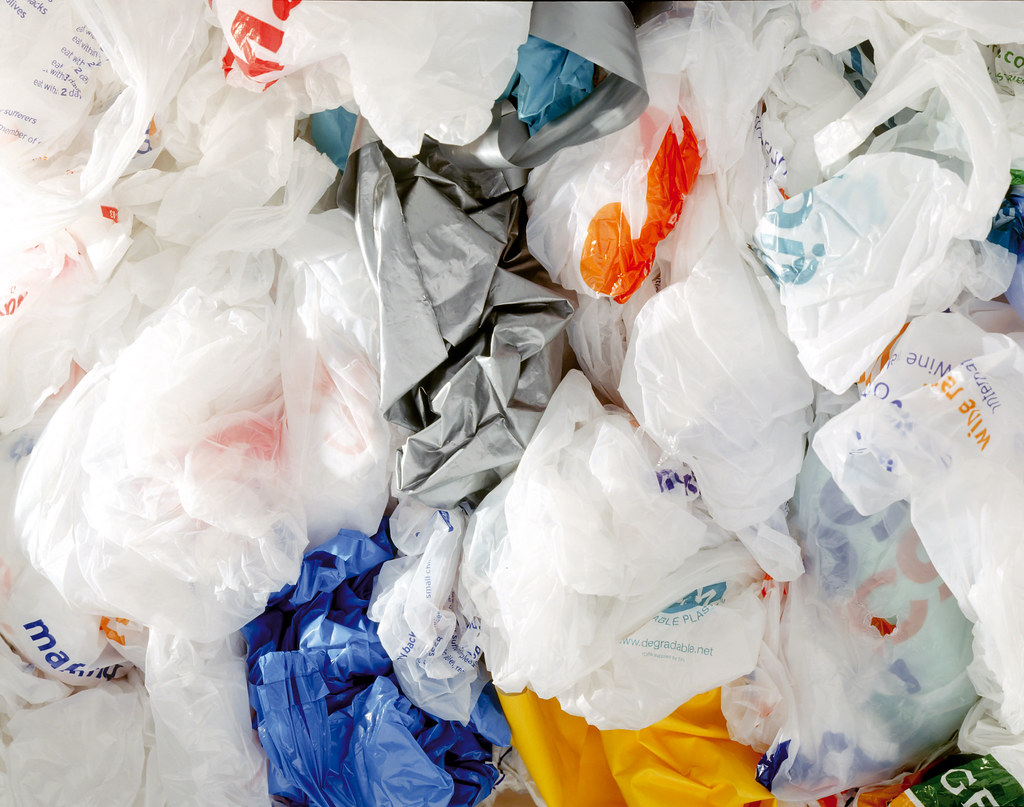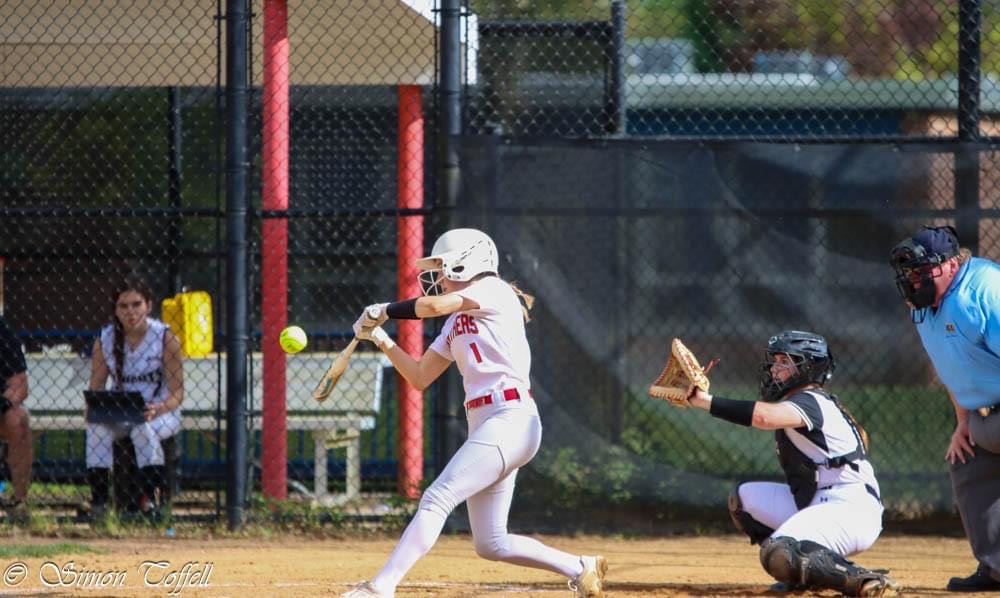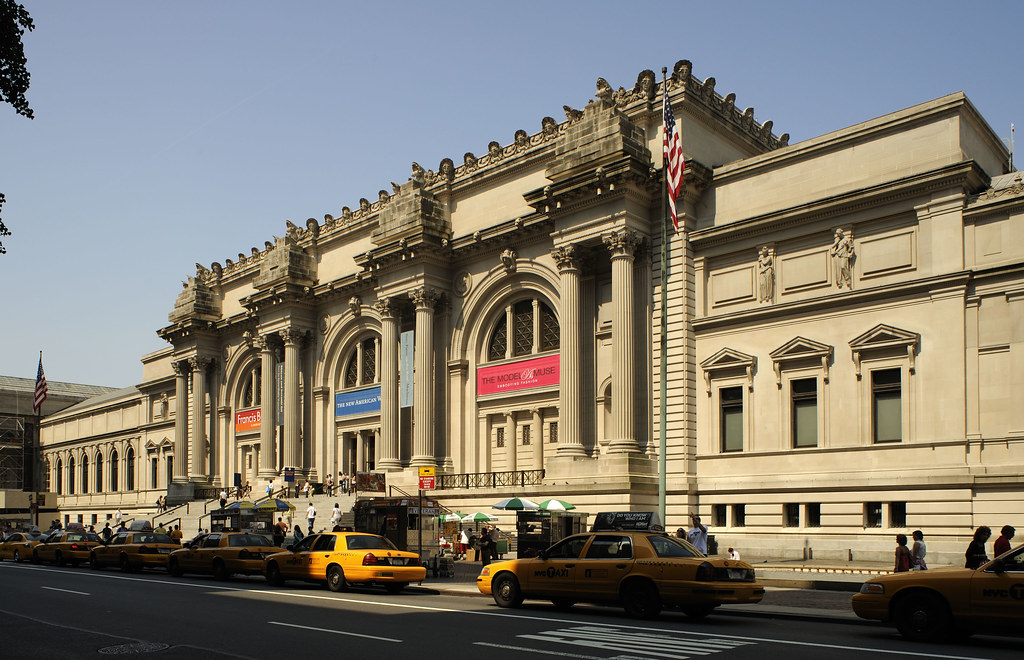New Jersey’s Plastic Pollution Reduction Act is a law that bans single-use plastic bags in all stores. The law came into effect in May of 2022 and was promoted as a positive environmental change. Although the total number of plastic bags decreased, plastic consumption in New Jersey actually tripled from the usage of heavier, reusable bags. This resulted in greenhouse gas emissions increasing by 500 percent.
Mrs. Haziza is a ninth-grade biology teacher here at Glen Rock High School. She has been educating for many years at all levels and has always felt a strong passion for science and how it relates to the environment. She articulated about the extensive impacts that heavy reusable plastic bags have on the biosphere. “The bags cause pollution in the landfills and harm wildlife creating problems with the ecosystem.” Mrs. Haziza further stated, “Resource depletion consumes nonrenewable resources like oil and natural gas which can take a very long time to renew.” Mrs. Haziza conveyed that the thick plastic bags wind up contaminating areas because they break down so slowly. Wildlife suffers significantly from this when ingesting or becoming trapped in the plastic debris. Production of these heavier bags requires more energy, consuming non-renewable resources at an unsustainable rate.
Increased emissions from manufacturing thicker plastic bags contribute particularly to greenhouse gas levels and climate change. Even with good intentions, the Reduction Act failed to consider the negative environmental trade-offs just by simply changing to reusable plastic.
During the course of the interview, we also uncovered simple solutions that everyone reading this article can do to reverse the adverse impacts of the law for the better. Mrs. Haziza suggests “[advocating] for sustainable policies by engaging with local lawmakers.” She recommends shoppers “do a deposit refund system and promote biodegradability … through encouraging package redesign.” Mrs. Haziza believes that we need to get more people involved to fix the problems we face with the plastic bag law. For the plastic bag ban to truly have a positive impact on the ecosystem, shoppers would have to reuse the bags at least a minimum of 16 times. To initiate real change, consumers have to alter their mindset of a disposable society by reusing the bags for the duration that they are supposed to be. Her main point is that instead of just complaining about the law we should look at solutions that work on multiple levels: getting the public to speak up about the topic, creating better recycling incentives, and developing new earth-friendly materials through science.







